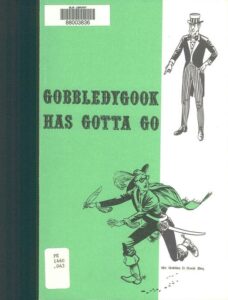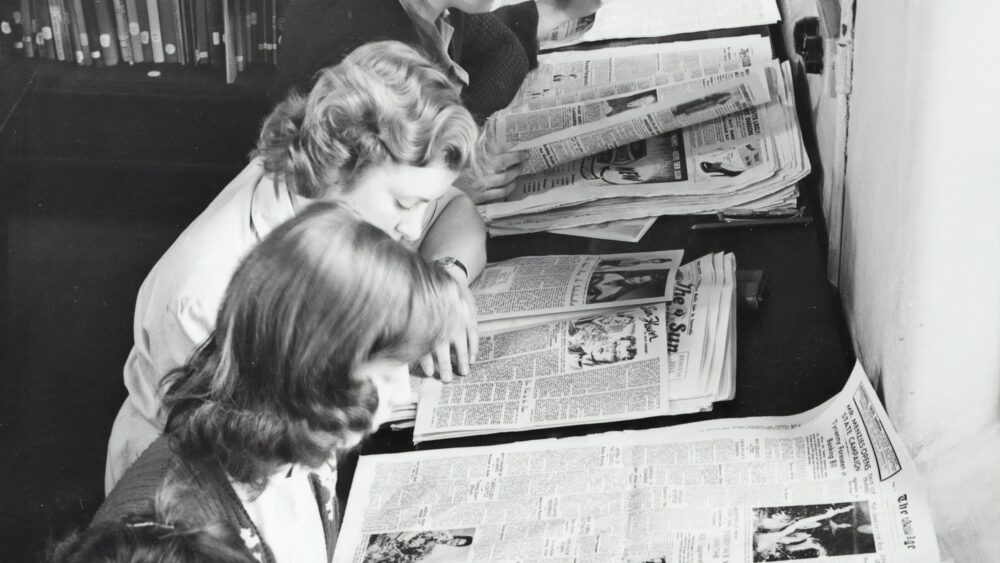Maybe the plain language movement is as old as written language. When you speak with someone, you can ask them for clarification if you’re not sure what they mean. But if you read a text, you depend on the written words to ‘get it’.
Calls for people to speak and write simply and clearly span the ages. In ancient Rome, Cicero advised to avoid unnecessary words, and Chaucer and Shakespeare satirised pompous language in their works. In the 20th century, demands for plain language intensified during the Great Depression of the 1930s and again after World War II. People wanted to understand and make sense of a fast-changing and often harsh reality, and they were wary of propaganda and obfuscation. This resonates with us today, as we’re struggling with misinformation, disinformation, information overload and waning trust in governments and news media.
A delightful book from 1966 that scholars consider to be part of the knowledge base of civilisation makes a compelling case for plain language. Gobbledygook has gotta go was written by John O’Hayre from the US Bureau of Land Management – which sounds as though the book should have long disappeared in a dusty archive. But the book is still in print, and for good reason. It’s funny, entertaining and full of examples of how to ‘depomp’ official documents.

So why has this brilliant little book had so little effect? Why do so many hard-to-read and hard-to-understand official documents still get written today?
O’Hayre acknowledges that good writing takes skill and effort, and he has a warning for those who think that writing is just stringing words together:
‘If you think good writing comes easy, then you either don’t write, or if you do, you don’t know how yet. Good writing is plain, hard, sweaty work.’
The good news is that good writing is a skill that can be learned. With the right techniques and with practice, writing can become a lot less like ‘hard, sweaty work’ – for both the writer and the reader.
More information
Gobbledygook has gotta go by John O’Hayre is accessible at Archive.org.



Comments are closed.